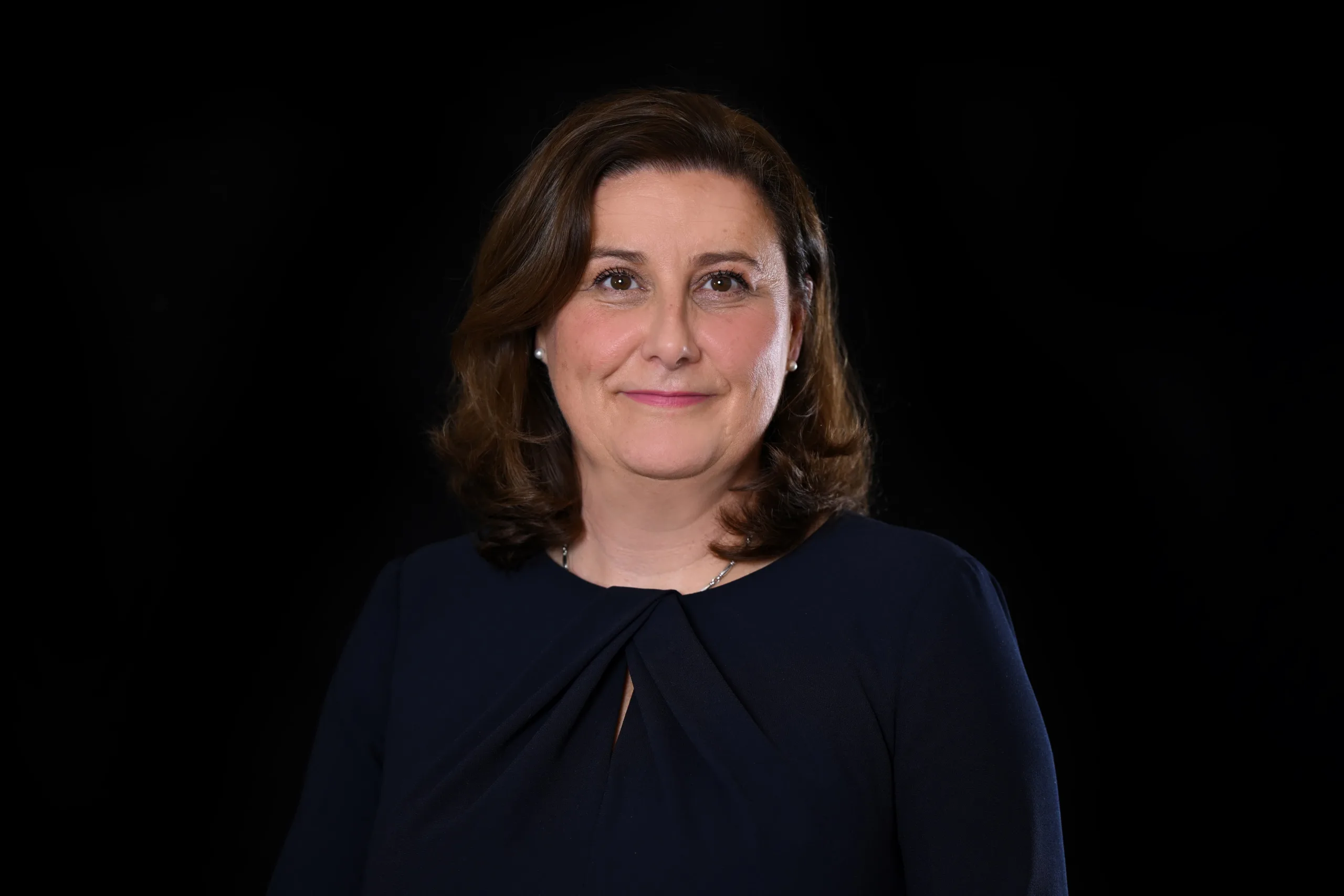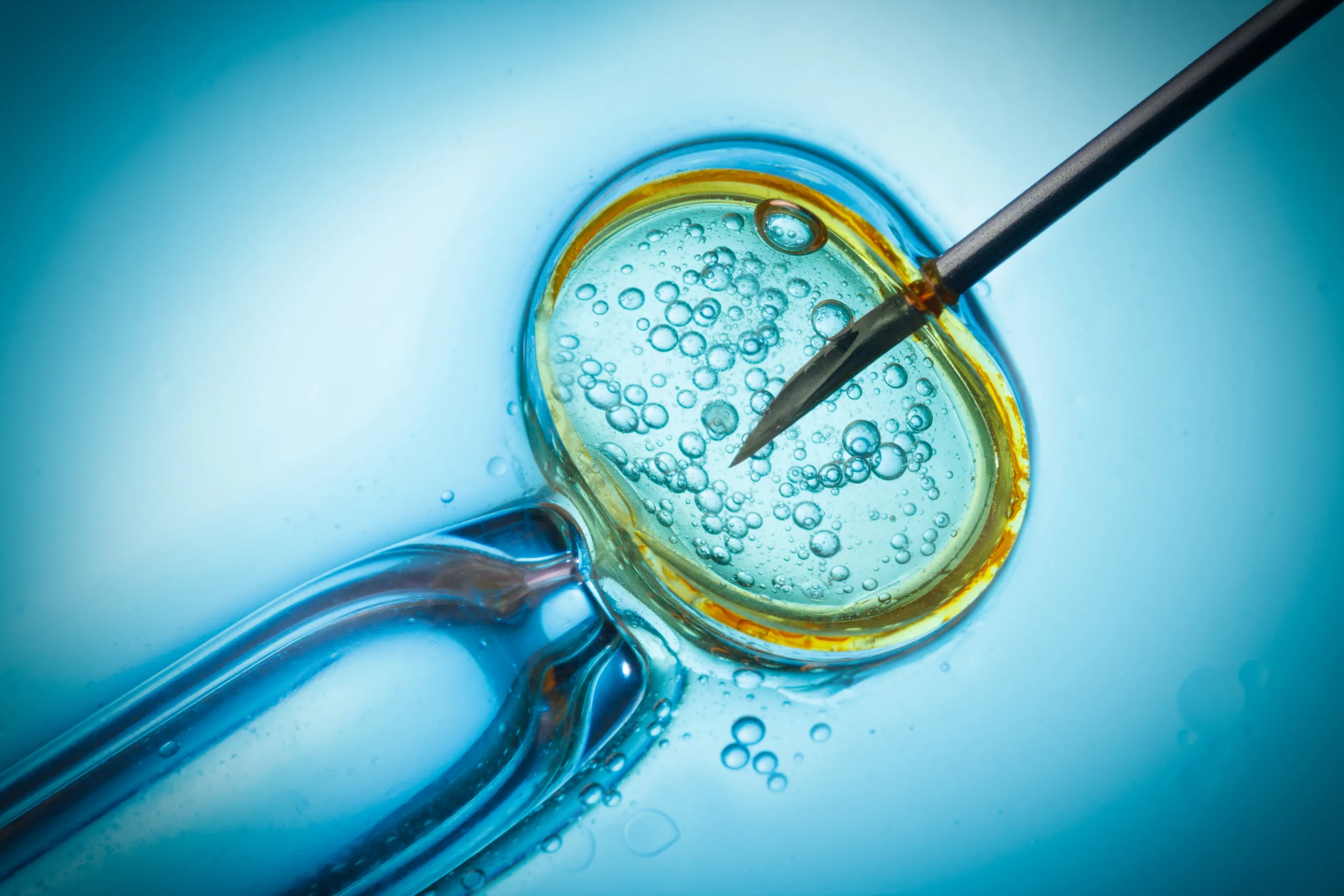Sarah outlines the key points separating couples need to consider.
- Dealing with frozen embryos on separation and divorce is a complex area of law.
- It can also be emotionally challenging, particularly for the party wishing to still create a child.
- UK family courts do not consider embryos to be “matrimonial” property – there is, therefore, no power to make orders in relation to them on divorce.
- The consent of both parties is required to store and then use embryos in treatment.
- Frozen embryos can be stored for a total of 55 years – this is dependent upon renewing relevant consents. If a party does not renew consent to storage the embryos will be destroyed.
- It is important to remember that consent for storage and use can be withdrawn by one party at any time.
- After consent is withdrawn, a 12-month cooling-off period is triggered – during which the embryos cannot be used for treatment. If the party withdrawing their consent maintains their stance, notwithstanding the wishes of the other party, the embryos will be destroyed.
- If one party withdraws consent, mediation is an option to see if the parties are able to agree a way forward.
- There are strict rules and regulations regarding exporting embryos from this jurisdiction to another. The clinic would need a license to export them.
- Whilst parties may make post separation agreements in respect of the use of embryos, it is important to take specialist legal advice as the agreement may not be recognised in law and/or there can be important implications in terms of parentage.
- In the event of your death, you can give the clinic consent to store and use embryos by a named partner. In this scenario, the embryos can only be stored for up to 10 years from the date of your death, after which they will be destroyed.
- If you and your partner do not wish to use the embryos, the clinic will discuss options such as donating them for research or allowing them to perish.
Sarah is a specialist lawyer focusing on complex International Surrogacy, Fertility and Modern Family Law, in addition to having extensive experience in all Children-Related Litigation. Sarah is part of the firm’s top ranked Family department that focuses on providing specialist advice on all areas of Family Law, including issues arising from Divorce and Separation, Cohabitation, Civil Partnerships and Same Sex Marriage, Financial Consequences of a Relationship Breakdown, Inheritance Claims and Pre and Post-Nuptial Agreements. The team works for a variety of high-net-worth and ultra-high-net-worth clients on both contentious and non-contentious matters, including those with a complex international angle and is adept at handling all cases with the utmost discretion whilst delivering the best outcome for their clients. Clients highly value the team’s exceptional level of service, astute financial acumen and unparalleled levels of support and is recognised across the industry as one of the best family teams in the UK, having won ‘Family Law Team of the Year’ at the Chambers High Net Worth Awards 2024.
For further information, please contact Sarah Williams, Partner and modern family law and children lawyer in the Family Department or, alternatively, telephone on 020 7465 4300
To learn more about Modern Family Law, visit our dedicated webpage and download a free copy of our Essential Guide to Modern Family here.
To learn more about Divorce and Separation, you can download a free copy of our Essential Guide to Divorce and Family Law here.









